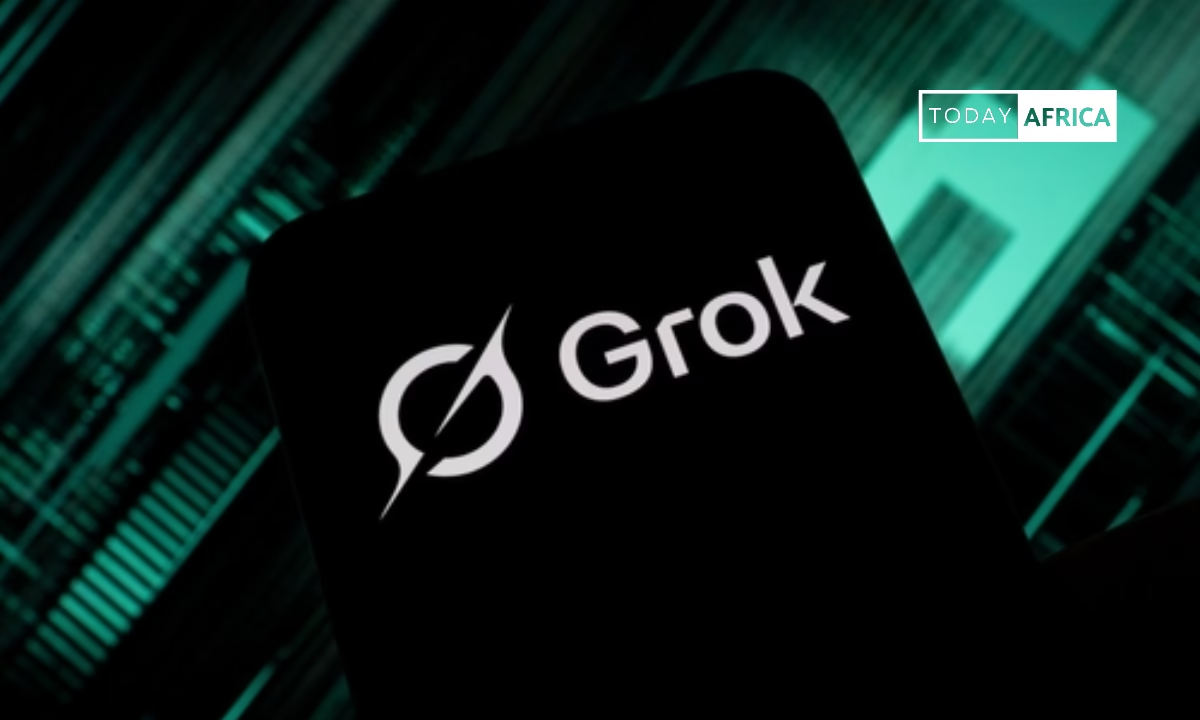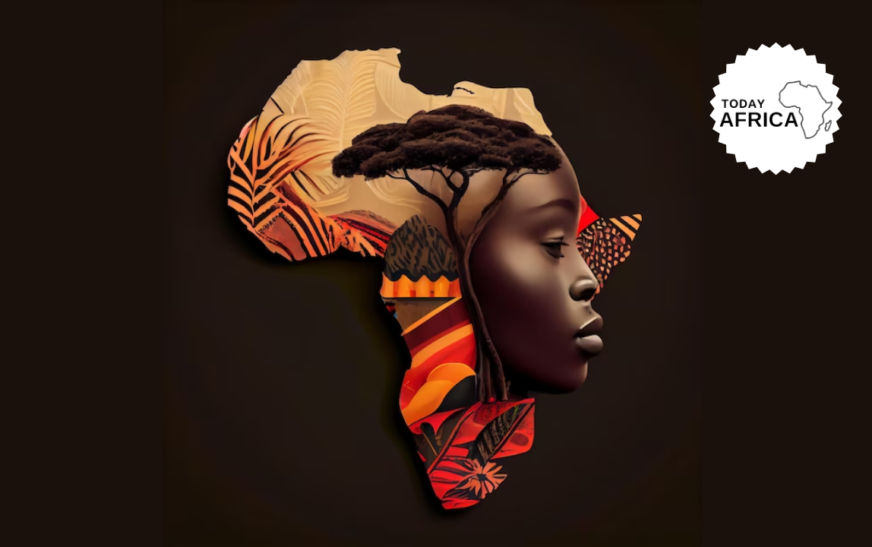In recent years, the transformation in Africa’s digital infrastructure—marked by increasing internet penetration and mobile connectivity—has paved the way for a new generation of media entrepreneurs.
Their work is not only reshaping the media space; it is also empowering local talent and promoting socio-economic development across the continent.
As Africa continues to experience rapid demographic and technological shifts, the role of the media entrepreneur becomes even more critical.
By creating platforms that spotlight authentic African voices and by pioneering new methods of content delivery, these Africans are changing the game—transforming a historically underrepresented region into a thriving hub of creativity and innovation.
What is a Media Entrepreneur?
The term “media entrepreneur” describes those innovative creators and business leaders who use media—ranging from traditional television and print to emerging digital platforms—to create value, share stories, and redefine industries.
Today, media entrepreneurs in Africa are harnessing the power of storytelling, technology, and creativity to reshape their local media landscapes.
They develop platforms that spotlight authentic African narratives, challenge stereotypes, and generate economic growth.
From digital media hubs to innovative streaming services, Africa’s media entrepreneurs are taking charge, investing in local talent, and paving the way for a new ecosystem that fuels social change and economic empowerment.
Why Media Entrepreneurship Matters in Africa
Africa is home to a young population, abundant creativity, and rich cultural heritage—ingredients that make media entrepreneurship a catalyst for change.

In many African countries, traditional media structures have been slow to adapt to technological innovations. However, the rapid expansion of internet connectivity and mobile device access is leveling the playing field.
Today, media entrepreneurs in Africa leverage digital platforms to reach audiences in ways that were once unimaginable.
With digital revenues growing faster than traditional media revenues, these entrepreneurs have an unprecedented opportunity to build sustainable business models that drive economic development and create jobs.
Media entrepreneurs in Africa are now:
- Changing perceptions and empowering narratives: Historically, Africa has often been misrepresented in the global media landscape. Media entrepreneurs are now creating platforms that amplify authentic local voices and stories, countering clichés and stereotypes. Their creative initiatives—from YouTube channels that showcase African beauty and innovation to podcasts and online talk shows—are shifting narratives about the continent.
- Economic impact and job creation: The media sector contributes significantly to the overall economy. With innovative business models—from advertising and subscription-based services to sponsored content and crowdfunding—media entrepreneurs are generating revenue streams that support job creation and local investment. In addition, the success of platforms like Nollywood streaming services or social media-based content shows that there is a strong market for African stories both locally and globally.
- Digital transformation: Africa’s digital transformation presents a golden opportunity. The increase in internet penetration, mobile phone ownership, and social media use has enabled creators to distribute content widely and profitably. This digital revolution not only empowers entrepreneurs to innovate but also democratizes content production, allowing anyone with a story and an internet connection to become a media entrepreneur.
Top Media Entrepreneurs in Africa
Across Africa, countless media entrepreneurs are making headlines with innovative ventures that change the game. Here are a few notable examples:
Dina Aboughazala
A Kenyan journalist and founder of Egab, Dina has redefined media entrepreneurship by bridging traditional journalism with solutions-based storytelling.
Mo Abudu

Often dubbed “Africa’s Oprah,” Mo Abudu transformed her early career in corporate communications into a vast media empire. As the founder of EbonyLife TV and EbonyLife Media, she has set new benchmarks in entertainment and storytelling.
Read Also: Mo Abudu Biography: An In-depth Look at Her Life, Work, & Legacy
Steven Ndukwu
A star in the Nigerian content creation space, Steven Ndukwu utilizes his YouTube platform to promote African tourism, entrepreneurship, and vibrant cultural stories.
King-David Ndubisi
A tech-savvy entrepreneur combining media, technology, and healthcare, King-David Ndubisi has launched innovative ventures like KDNPLUS—a streaming platform dedicated to Nollywood and African storytelling. His story is a testament to the convergence of creative media and tech entrepreneurship.
Siita Sofo Hissan
A Ghanaian media mogul and founder of the AfCFTA Young Entrepreneurs Federation, Siita has been pivotal in empowering young entrepreneurs across Africa. Through his leadership, he has nurtured platforms that facilitate networking, trade, and collaboration across borders.
The Orji-Oko’s
Two brothers; Chibuike Orji-Oko and Chukwuemeka Orji-Oko, founders of Today Africa, a data storytelling media company telling the stories of African entrepreneurs and professionals.
Mercy Obidake
Mercy Obidake is a Nigerian blogger, journalist, a PR strategist, and the CEO of MO Media, a company with the vision to inform, educate, entertain, and impact society.
How to Become a Successful Media Entrepreneur
Success in media entrepreneurship requires a combination of creativity, strategic planning, and adaptability. Here are key steps aspiring media entrepreneurs can take:
Identify a niche and define your message
Begin by identifying a gap or unmet need in the media space. This might involve creating content that challenges negative stereotypes or addressing topics that resonate with local audiences. A clear mission and brand identity are crucial. Whether it’s through digital platforms, TV shows, or film production, your content should reflect the rich narratives of your community.
Build a strong digital presence
Leverage digital channels such as social media, blogs, and video platforms to distribute your content. Consistency is key, and using analytics to understand audience engagement can help refine your strategy. Invest in quality production tools and digital marketing techniques to grow your brand’s reach.
Innovate business models
Media entrepreneurs need to be adept at monetizing their content. Explore various revenue streams, such as advertising, subscriptions, sponsored content, and crowdfunding. Develop sustainable partnerships with brands, investors, and fellow creators. Experiment with digital innovations that simplify distribution, such as mobile applications and streaming platforms.
Invest in networking and collaborations
Collaboration is essential in the media landscape. Connect with mentors, join entrepreneurial networks, and attend industry events. Platforms such as the Africa Business Heroes Awards offer opportunities to learn from top media entrepreneurs and form strategic alliances.
Embrace continuous learning
The media sector is constantly evolving. Stay updated on new technology trends, regulatory changes, and best practices in content creation. Engage in professional development courses, attend webinars, and tap into resources provided by organizations such as Africa No Filter and the African Union’s media initiatives.
Challenges in African Media
Media entrepreneurship in Africa is not without challenges. Many entrepreneurs face obstacles such as:
Limited access to funding
Securing capital can be a significant challenge, especially in early stages. However, alternative financing models such as crowdfunding, donor grants, and impact investments are emerging to bridge the gap.
Regulatory hurdles
Many African countries still operate under media policies designed for traditional broadcasting, rather than digital innovation. Entrepreneurs need to navigate regulatory frameworks carefully while advocating for reforms that support digital media growth.
Infrastructural limitations
Despite rapid advancements, infrastructure remains an impediment in some regions. Limited internet access and unreliable power supplies can affect production and distribution. Nonetheless, the proliferation of mobile devices continues to provide a workaround, enabling content consumption on accessible platforms.
Market fragmentation
Africa’s diverse cultural and linguistic landscape means that audiences are segmented. Media entrepreneurs must tailor their content to resonate with regional specificities while also appealing to a pan-African audience.
Opportunities in African Media
Opportunities arise in the midst of these challenges:
Digital monetization
With the explosion of online platforms, digital monetization opportunities are expanding. These include not only traditional advertising but also subscription services, influencer marketing, and branded content.
Collaborations and cross-border partnerships
Initiatives like the African Continental Free Trade Area (AfCFTA) promote collaboration, allowing entrepreneurs to pool resources and tap into broader audiences. Collaborative projects have the potential to generate economies of scale and offer unique, regionally relevant content.

Global recognition
As more international players recognize Africa’s creative potential, media entrepreneurs have unprecedented opportunities for global partnerships, co-productions, and investments. This not only validates their work but also opens the door to international revenue streams and audience expansion.
Empowering local talent
By nurturing and mentoring emerging storytellers and content creators, media entrepreneurs contribute to the broader creative ecosystem. This in turn stimulates innovation and strengthens the local media landscape.
Social impact and cultural preservation
Media entrepreneurs in Africa play a crucial role in preserving cultural heritage and empowering communities. Their stories have the power to influence social change, inform public opinion, and inspire new generations of creators.
Resources for Aspiring Media Entrepreneurs
Aspiring media entrepreneurs have a wealth of resources available to help them succeed. These resources range from mentorship and training programs to grants and networking opportunities:
Incubators and accelerators
Programs such as the Africa Business Heroes Awards and various digital innovation hubs provide both funding and mentorship. Participating in these programs can offer valuable industry insights and development opportunities.
Read Also: Top 21 Startup Accelerators in Africa
Educational platforms
Numerous online courses and workshops focus on digital media production, marketing strategies, and business management for entrepreneurs. Organizations such as Africa No Filter and YALINetwork offer e-learning programs tailored for the African context.
Grants and funding opportunities
The media and creative sectors can benefit from donor grants, venture capital, and impact investments. International foundations and local investment groups are increasingly supporting creative ventures that focus on authentic storytelling and community impact.
Networking forums
Engage with entrepreneurial communities through industry conferences, panel discussions, and online forums. Events such as the Africa Media Festival, ITW Innovation Summits, and various regional trade fairs provide platforms to connect with other media entrepreneurs.
Government and NGO support
In many African countries, government initiatives and NGOs are keen to support media innovation as part of broader economic development strategies. Tapping into these programs can provide both financial and technical assistance.
Online resources and publications
Keep abreast of the latest trends by following news outlets, blogs, and reports dedicated to African digital entrepreneurship and media trends. Resources such as Africa No Filter, the African Union’s media initiatives, and industry publications like BusinessTech and Entrepreneur Magazine are excellent starting points.
Conclusion
Media entrepreneurship in Africa is not only transforming the media landscape—it is reshaping cultural narratives and empowering communities.
With resourceful strategies, innovative business models, and collaborations across borders, Africa’s media entrepreneurs are driving a new era of creative storytelling and economic growth.
The journey, although challenging, is filled with opportunities that can lead to a sustainable and vibrant media ecosystem across the continent. If you are inspired by these stories and want to dive deeper into media entrepreneurship in Africa, join our newsletter for more insightful articles and updates.
We also invite you to listen to our podcast, where we interview top media entrepreneurs like interview with Mercy Obidake to learn firsthand how they are changing the game. Stay tuned, get inspired, and take the first step toward transforming your creative ideas into impactful media ventures.
Africa’s story is evolving—be a part of the change and help reshape the narrative for generations to come.
Comment and follow us on social media for more tips:
- Facebook: Today Africa
- Instagram: Today Africa
- Twitter: Today Africa
- LinkedIn: Today Africa
- YouTube: Today Africa Studio
















